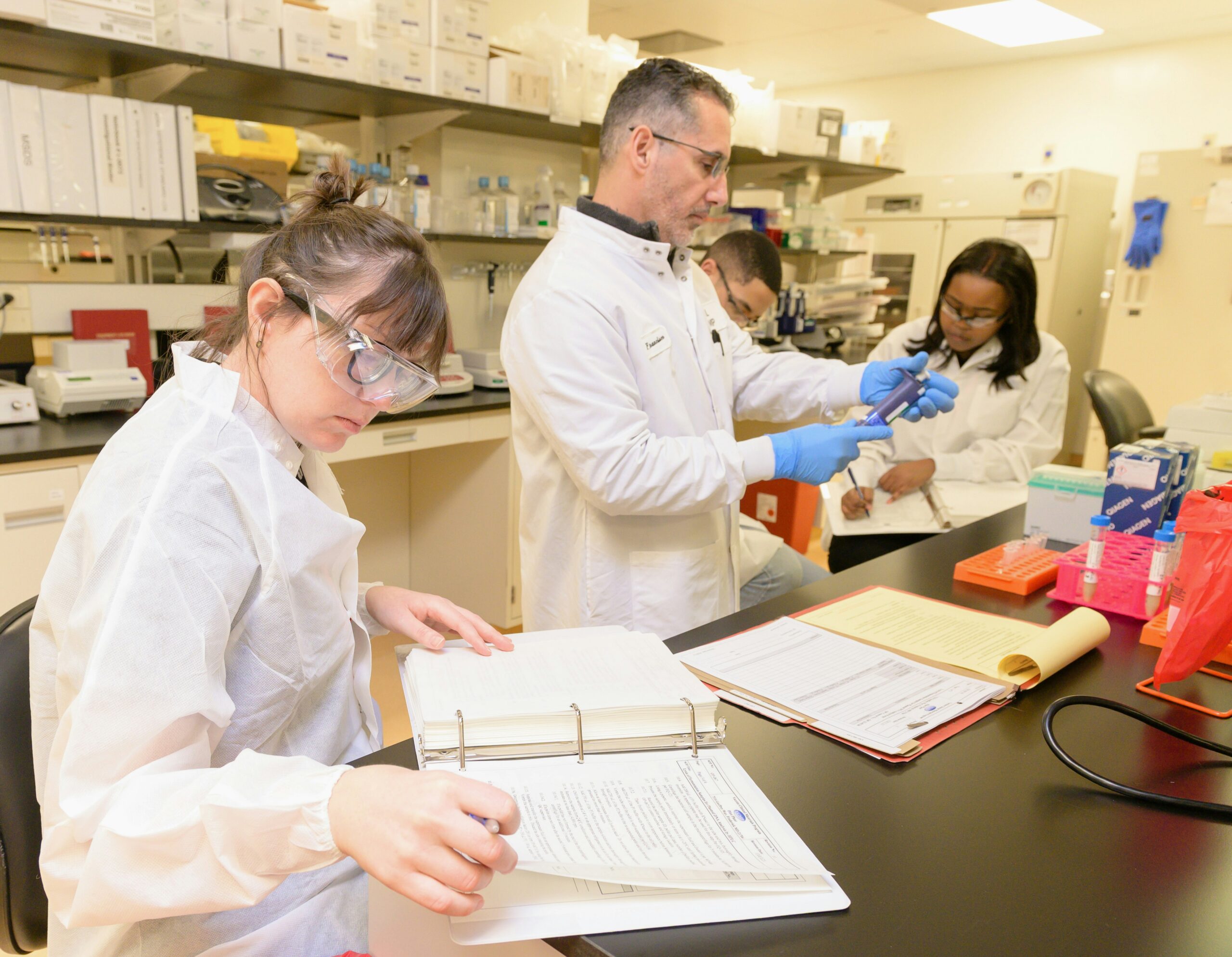
As a surgeon-scientist, your ability to merge clinical practice with scientific inquiry offers a unique opportunity to drive innovation in the medical field. However, conducting meaningful research requires more than individual effort; it demands collaboration with a skilled and diverse team. Building a research team that is both efficient and motivated is critical to advancing your work and achieving your research goals. This article offers strategies to help you make a strong, cohesive team that will contribute to your success in the research realm.
Define Your Research Vision and Goals
Before assembling your research team, you must have a clear vision of what you aim to achieve with your research. Clearly outlining the goals of your study will help you identify the specific expertise needed on your team. Whether your focus is on clinical trials, molecular research, or medical device innovation, understanding your objectives will ensure that you select the right people with the skills that complement your work. By setting clear goals from the outset, you will guide the direction of your project and foster a sense of purpose within the team.
One of the foundational elements of a successful research team is diversity. Various expertise and backgrounds can enhance creativity and problem-solving, leading to innovative solutions. Including team members with different skill sets, including clinical experts, laboratory scientists, data analysts, and statisticians, is crucial. Collaborating with experts from various fields also ensures that the research is viewed from multiple angles, which often leads to more comprehensive results. In addition, fostering an environment that welcomes diverse perspectives encourages open communication, which is vital for the team’s success.
Emphasize Collaborative Leadership
As a leader, it’s essential to establish a collaborative, inclusive approach to team management. Surgeon-scientists must recognize that the research team will have a variety of skill sets and experiences. Therefore, it is essential to encourage input from all team members and create an environment where everyone feels valued. Establishing a culture of collaboration helps build trust, which is necessary for any team to succeed. By demonstrating humility and willingness to learn from your team, you show them that their contributions are welcomed and essential to reaching the research objectives.
Effective recruitment of team members is one of the most critical steps in building a research team. Consider individuals who are passionate about your area of research and who demonstrate the ability to work collaboratively. Assessing technical skills, an individual’s personality, and the ability to integrate into a team environment is essential. Once you have selected your team members, mentoring and guiding them throughout the research process is vital. Providing ongoing support and feedback helps foster professional development and ensures the team remains motivated and focused on the research goals.
Foster Communication and Transparency
Assertive communication is the cornerstone of any successful research team. Surgeon-scientists must prioritize transparency in communication, whether it’s discussing findings, sharing setbacks, or clarifying expectations. Keeping lines of communication open ensures that every team member stays informed and aligned with the project’s objectives. Regular team meetings and updates help address challenges early and allow adjustments when necessary. Effective communication also builds a sense of community within the team, allowing for stronger collaboration and a more cohesive working environment.
Each member must understand their role and responsibilities for a research team to function smoothly. Clearly defining the tasks of each individual prevents confusion and ensures that all aspects of the research are covered. This also helps to minimize the potential for overlap and miscommunication. Surgeon-scientists must clearly articulate expectations and deadlines to ensure everyone stays on track. Setting clear roles also empowers team members by giving them ownership of specific tasks, which can lead to greater productivity and engagement.
Encourage Innovation and Critical Thinking
The ability to think critically and innovate is crucial in the research environment. Encourage your team to approach problems differently, propose new ideas, and explore uncharted territories. A research team should not simply carry out instructions; they should be problem-solvers who contribute to developing the research project. Supporting an innovative environment where team members are encouraged to ask questions, challenge hypotheses, and seek improvements fosters creativity and drives success in research.
A successful research team requires more than just a clear vision and a group of talented individuals; it also needs the right resources. Surgeon scientists must ensure that their team has access to the necessary tools, technologies, and funding to conduct the research effectively. This includes providing access to lab equipment, software for data analysis, and sufficient funding to cover expenses. Additionally, supporting your team by offering opportunities for professional development, including access to training and conferences, will help them stay ahead of the curve and bring new knowledge and insights to the research process.
Finally, recognizing your team’s efforts and achievements is crucial to maintaining morale and motivation, and celebrating milestones, whether small successes or significant breakthroughs, fosters a positive work environment. Acknowledging individual contributions and celebrating collective accomplishments boosts team morale and encourages continued dedication to the research process.